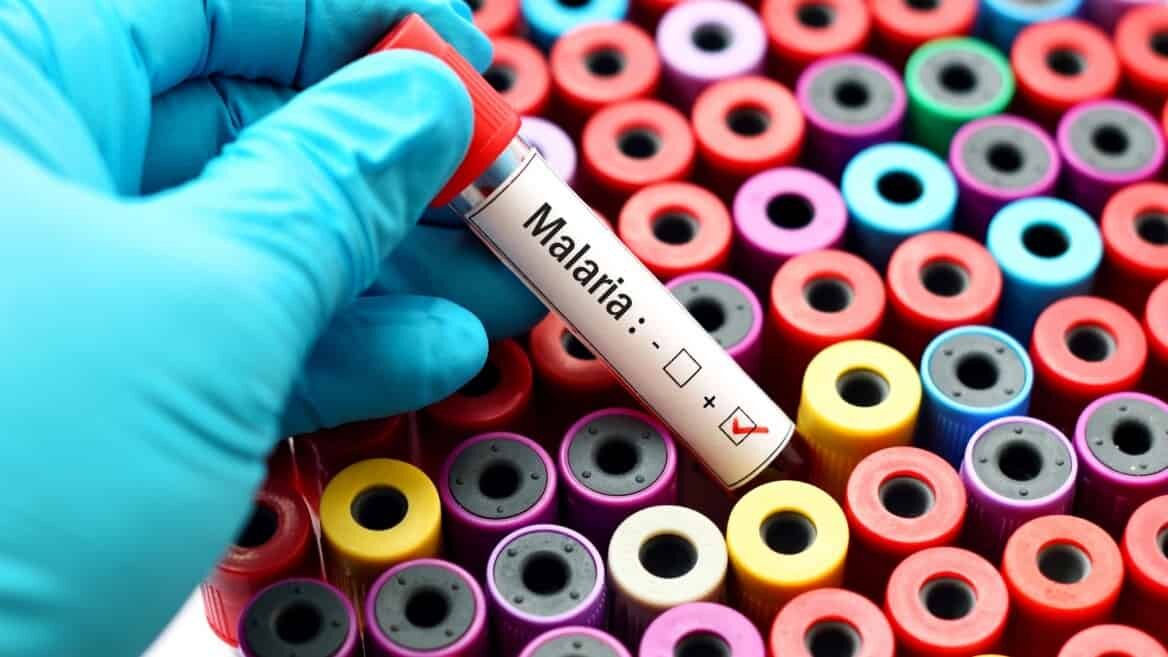WHO’s Malaria Report (WMR) 2020, states that India has made very good progress in reducing the overall Malaria burden of the world. It was intimated by the Union Health Ministry that India is the single endemic country that has reported a good decline in malaria cases at 17.6 percent. This is indeed heartening. The reasons behind it are manifold which obviously includes government initiatives. However, there is contribution from some great startup ideas and research initiatives as well.
Marut Drones – When we speak of malaria eradication or control in India, the name of Marut Drone emerges. The vision of this organization is to solve some of the global problems like malaria which has been persistent. In the nascent drone industry of India, Marut Drones has proven to be the first company to introduce IoT, AI, data analytics and machine learning to build end to end solutions and to scale smooth drone operations. It has been founded by a team of IIT Guwahati Alumni and mentored by IIIT Hyderabad and RICH. Looking at the organization’s problem solving and innovative streak, Forbes recognized it as “The 30 Under 30 Asia List”. The organization boasts of building the world’s first mosquito eradication system apart from other solutions for a healthier environment.
IIT Bombay’s AI Model for malaria diagnosis – By studying the changing trends of proteins in human blood, researchers at IIT, Bombay have created an artificial intelligence model for diagnosing people suffering from malaria. In collaboration with 3 Indian hospitals, the researchers at IIT Bombay have worked upon proteomics technology through which it is possible to differentiate between two malaria parasites – P vivax and P falciparum. The 3 hospitals from where blood samples have been collected are Dr LH Hiranandani Hospital, Mumbai, Sardar Patel Medical College, Bikaner and Medical College Hospital, Kolkata. The dataset of hospitals of 3 diverse locations in India have been used to study protein levels and for coming up with a prototype of a diagnostic kit to diagnose malaria with more efficiency on a mass scale. This kit is being predicted to be better than RDT kits with the capacity to bring down the chances of false-positive and false-negative results.

 Government's top priority is eradicating malaria. India has introduced its first National Framework for Malaria Elimination (2016-2030). Government is taking adequate steps in this regard and its vision is shared by IITians who are lending a helping hand for the dream to come true.
Government's top priority is eradicating malaria. India has introduced its first National Framework for Malaria Elimination (2016-2030). Government is taking adequate steps in this regard and its vision is shared by IITians who are lending a helping hand for the dream to come true.









.jpeg)








.png)
.png)

.png)
.png)
.png)

.png)
.png)
.png)

.png)
.png)